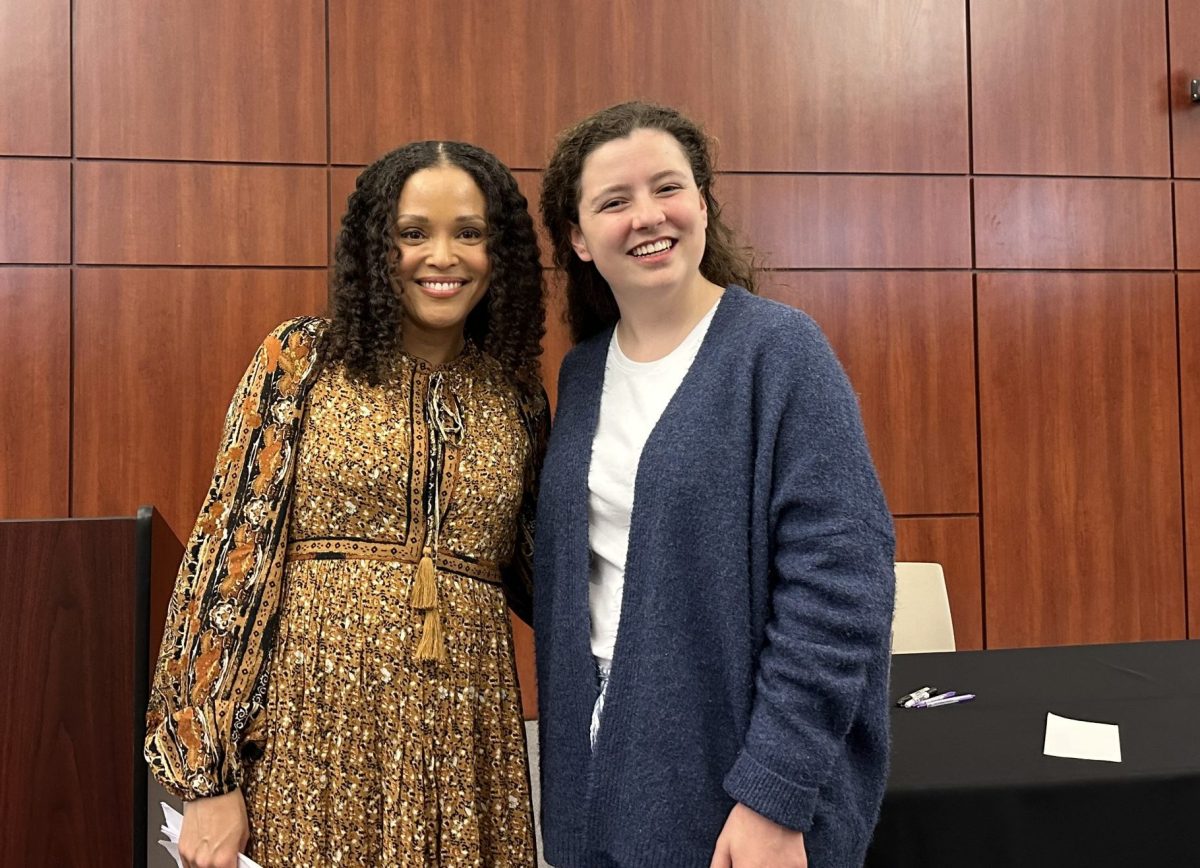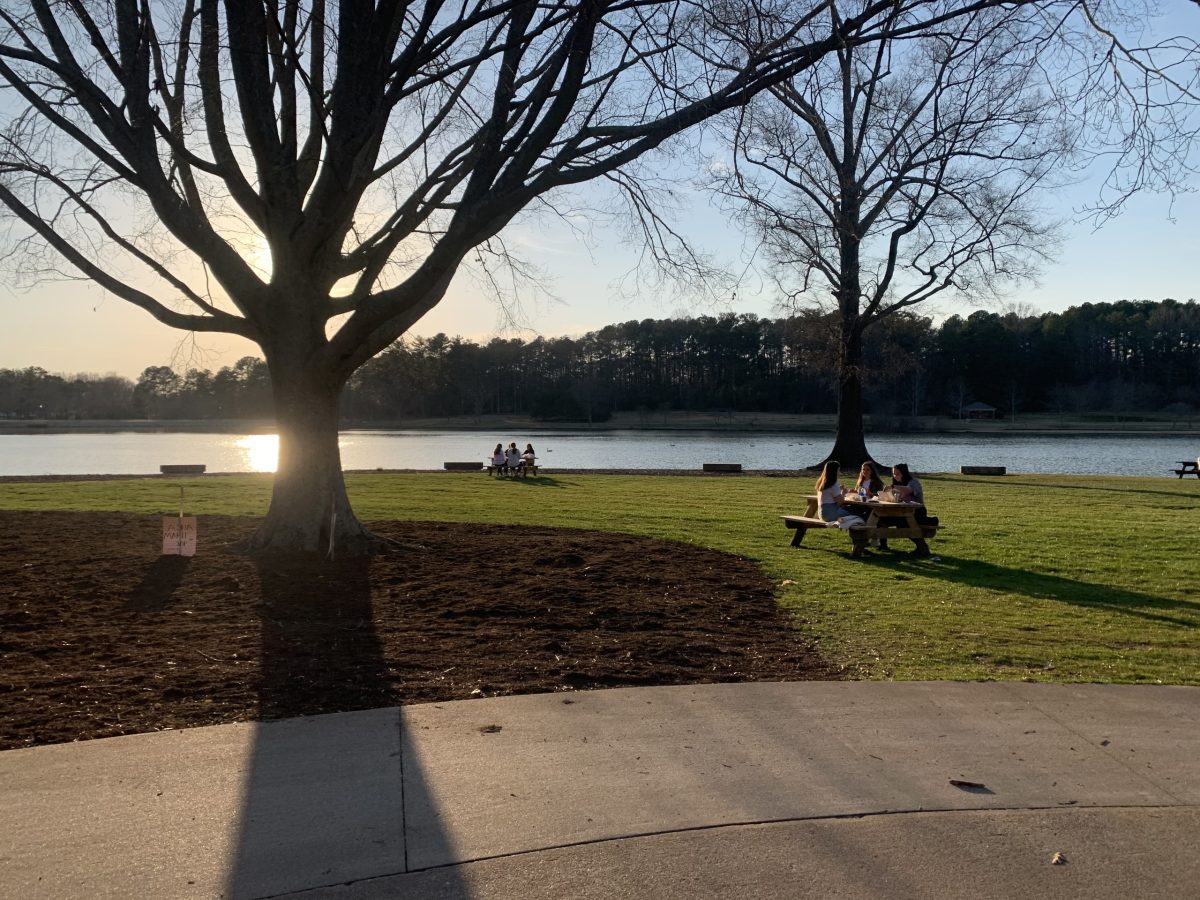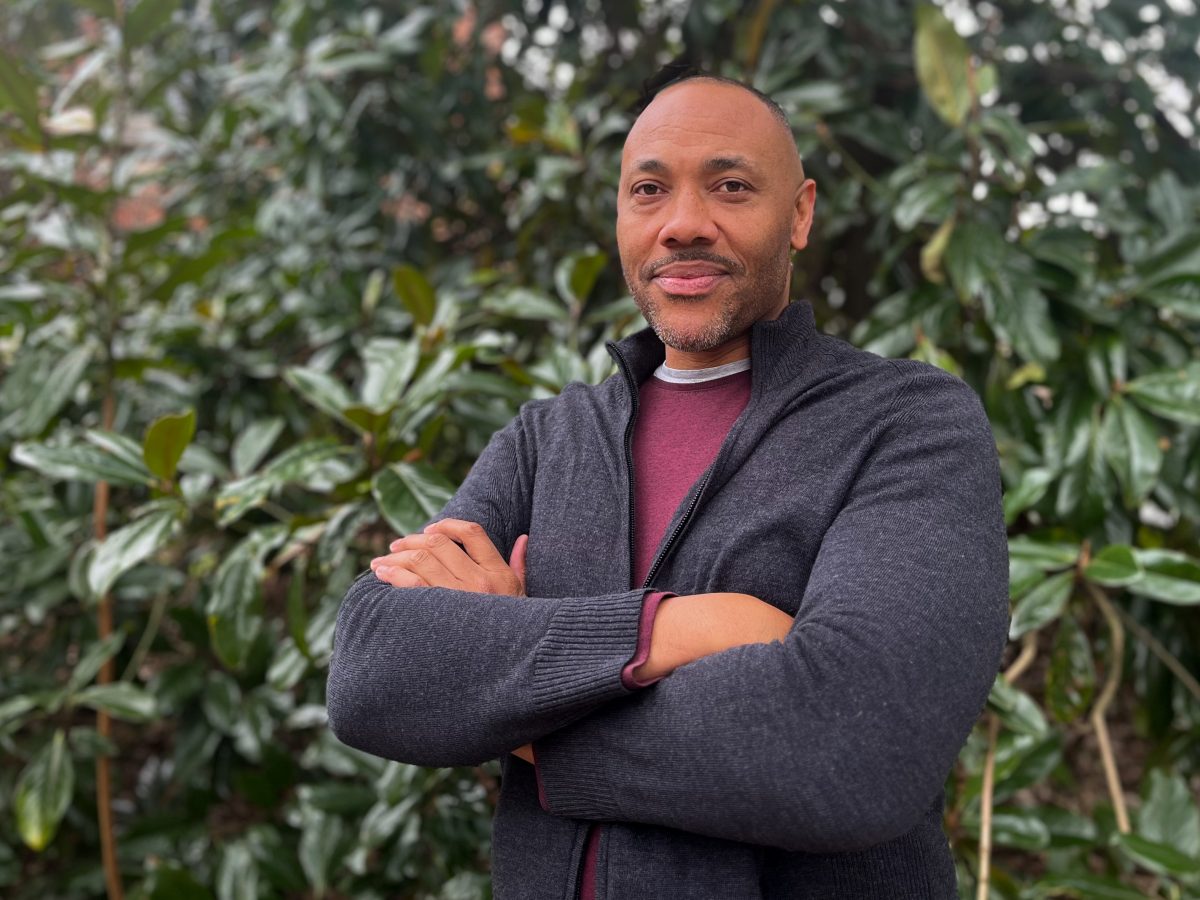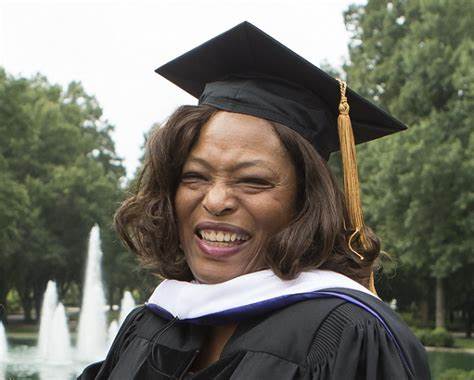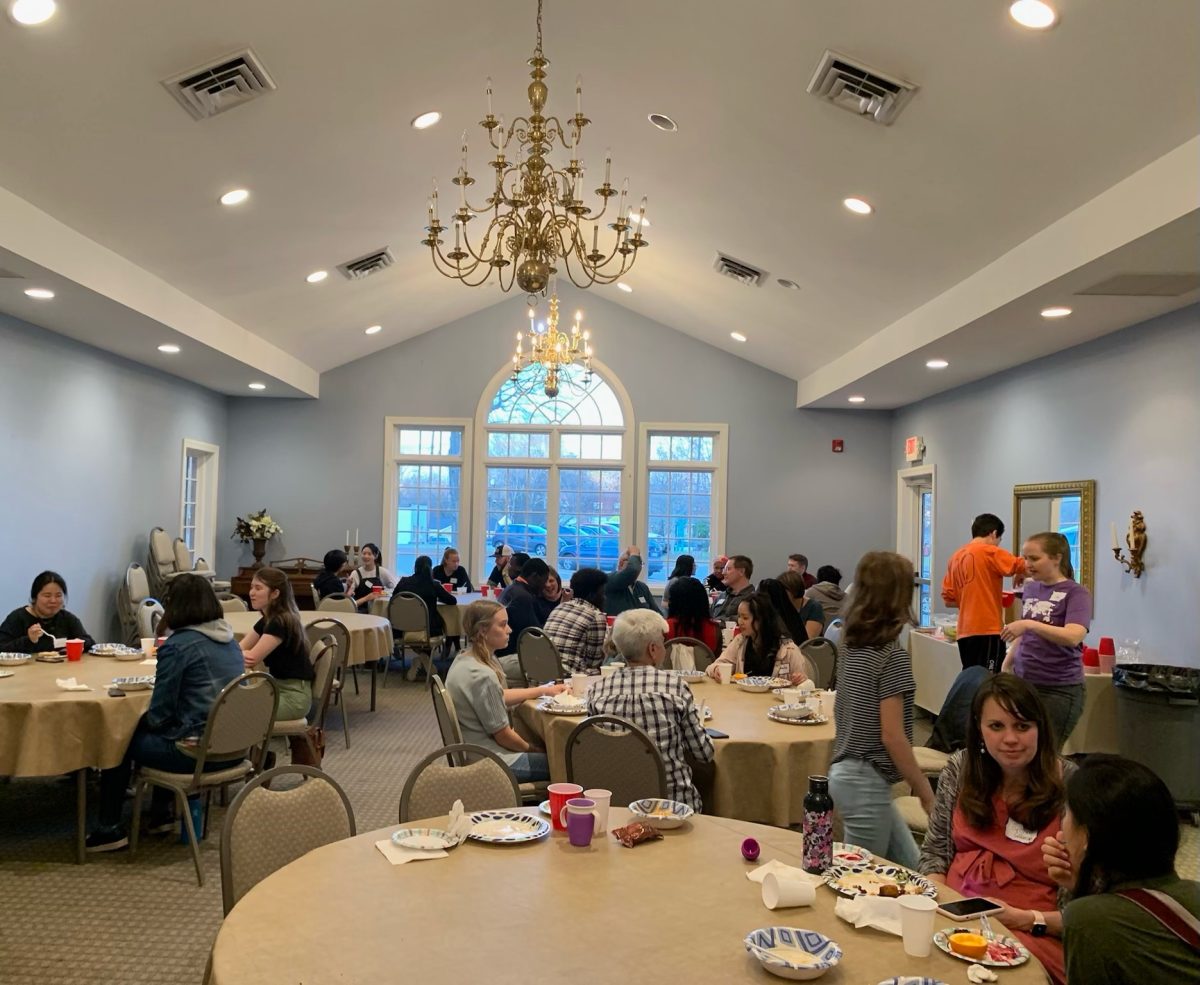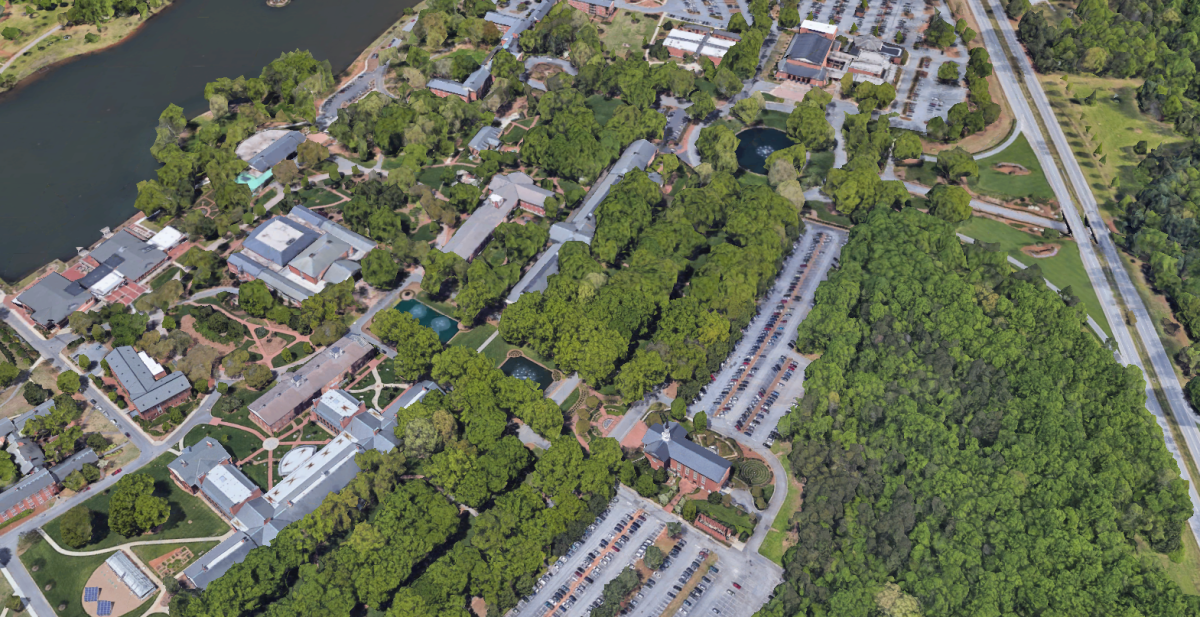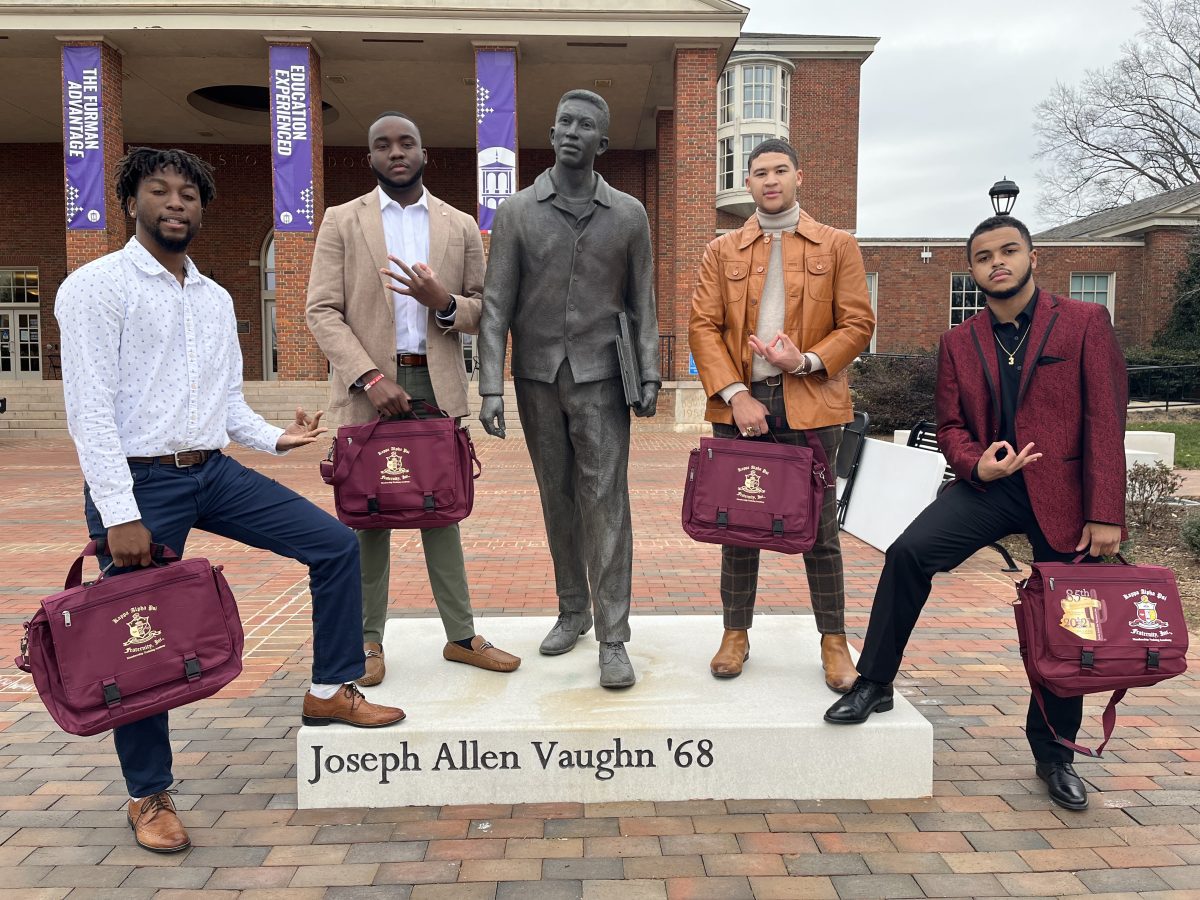During the 2019-2020 academic year, Furman University discontinued its English as a Second Language (ESL) student assistance program through the Center for Academic Success (CAS). This program predominantly supported international students who learned English as a second language by utilizing various forms of academic support. Canceling this program included letting go of Furman’s ESL specialist and using an outside ESL resource, AGAPE. When this news emerged, many student body and faculty members began advocating immediately for the program to be reinstated and for a new ESL specialist to be hired. A petition was sent out after six weeks of continued advocacy, garnering 500 signatures, but Furman has still neither hired another ESL specialist nor indicated any plans to do so. Although few international students are present on campus currently, these services are still vital to provide support and assistance to students whose second language is English and for those who are living abroad in America—especially during the pandemic.
Furman’s ESL program provided multidimensional support for all students, but especially for those who learned English as a second language. For most native English-speakers, the volume of readings, homework, and presentations required by Furman courses are time-consuming at best, and overwhelming at worst. Working through a language barrier, however marginal or large, can exaggerate these challenges, causing additional stress. A strong, supportive ESL program can help equip students facing linguistic challenges with the aid necessary for academic success in college.
Previously, the ESL Program at Furman employed an ESL specialist as a resource for students. This specialist provided a range of academic support, helping with everything from class readings to presentations and other academic demands. This specialist assisted students of all majors and disciplines in order to minimize the challenges posed by language barriers to academic success.
In lieu of this program, Furman has outsourced a new ESL resource called AGAPE, which is also partnered with other universities in South Carolina such as Clemson University and USC Upstate. AGAPE provides services such as academic counseling, searching for host families, and opening American bank accounts and obtaining drivers’ licenses. Looking at the AGAPE website, this outside source seems difficult to navigate and also seems to only be associated with certain majors here at Furman—markedly different from the personal and accessible support provided by the previous University ESL specialist.
Jean Schwab, Director of the Writing and Media Lab at Furman, shared that even while an ESL specialist was employed at the University there were other forms of support for international and ESL students outside of the CAS. The Rinker Center for Study Away and International Education and the Center for Inclusive Communities are both resources to help with social adjustments and paperwork concerns for international students. However, Schwab elaborated that those campus resources aren’t specifically catered to academic assistance, unlike an ESL specialist. Schwab also stated that the onset of the COVID-19 pandemic “probably halted some University conversation about the continuing of ESL at Furman,” which is likely why AGAPE is currently used in place of a Furman-led ESL program.
In an attempt to alleviate the decreased academic support for international and ESL students, Schwab has been training Writing and Media Lab (WML) consultants to be more flexible and understanding that not every strategy for WML consultations will work for every student, especially in cases involving language acquisition. Schwab explained that this “awareness of the default”—the assumption that all students speak English as their first language—helps the WML personalize academic support for both English-speaking students and ESL students by catering to each students’ individual needs. “Academic writing is almost a foreign language in and of itself,” Schwab shared, emphasizing the need for revitalizing the ESL program. “I think that ESL-targeted faculty and peer training could be a next step, but it would be helpful if there was specific expertise on campus.”
One of the core values of a Furman education is the careful attention the University pays to the academic needs of its students. An example of this is shown by the Center for Academic Success, which outlines the following mission:
“The mission of The Center for Academic Success at Furman University is to support all students in achieving their academic potential and goals through individual and campus-wide initiatives that foster self-regulation and self-advocacy in academic and personal growth.”
With the removal of Furman’s ESL support, this statement is not necessarily true. All students includes those that speak English as a second language, even if the majority of international students have remained home abroad this academic year due to the pandemic. Similarly, this statement indicates that campus-specific assistance will help all students, but outsourcing to an impersonal ESL resource does anything but provide individual and community-level support for English as a second-language members of our community.
In Jan. 2021, President Davis released the University’s Strategic Diversity Plan, which included goals to help “promote diversity and foster equity” as outlined in Furman’s Vision, Mission, and Values. The third goal of this Strategic Diversity Plan addressed “inclusive excellence” both inside and outside of the classroom. One way Furman can move towards this inclusive excellence would be reinstating Furman’s ESL program to provide these members of our community with individual academic support that crosses all disciplines of study and levels of English competency. Currently, very little academic support exists for ESL students. Departments such as the Writing and Media Lab work to provide advising on writing skills and essays, but having a specialist that can best help ESL students is necessary to promote academic success for all members of our community. In reviving this specialized academic support, Furman would prioritize the academic success of its entire student body—not just its English-speaking students.




















